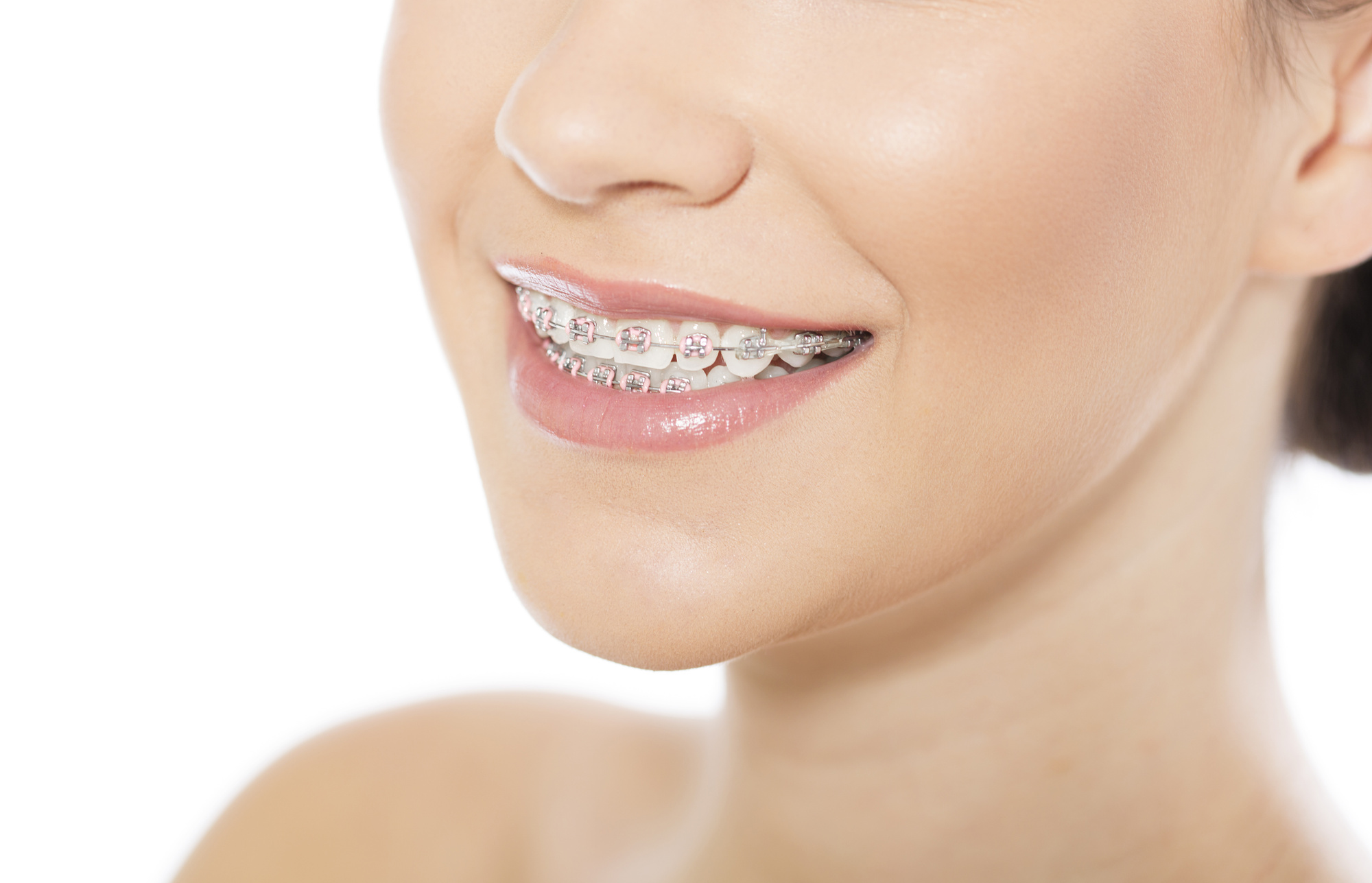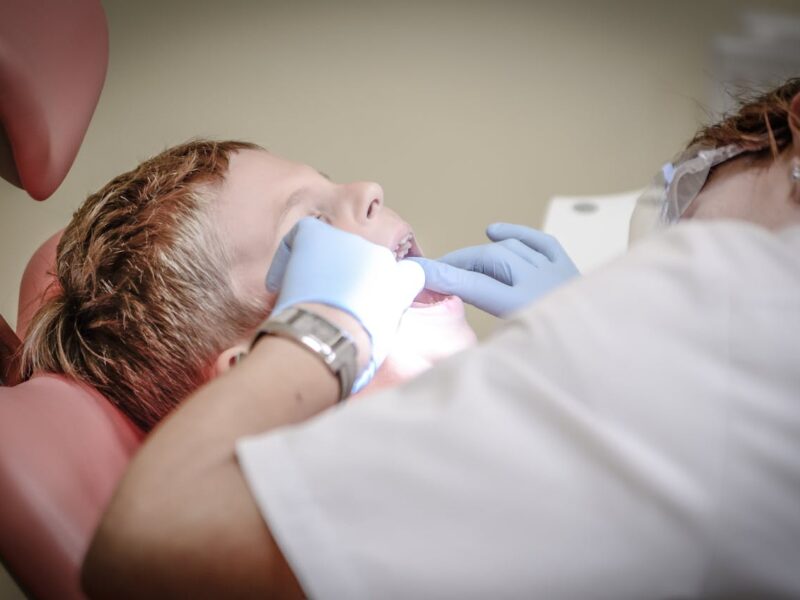Did you know that more than 4 million Americans currently have braces?
The trend of wearing braces is ever-increasing, and by the looks of it, there’ll be even more adults wearing braces soon. It’s no surprise either since orthodontics have made such incredible progress in the last decade. Just look at the before and after pictures of people wearing braces; it’s amazing.
Do you think about getting braces but are unsure of the wearing process? Perhaps you don’t want to make a fuss about your teeth and have the braces, but you don’t want the fuss?
To help, we have created a short guide on beginner braces wearing mistakes. Read on to learn more!
Contents
1. Neglecting Proper Oral Hygiene
Neglecting proper oral hygiene while wearing braces can lead to various dental problems. Braces create extra surfaces where food particles and plaque can accumulate. This increases the risk of tooth decay, gum disease, and bad breath.
To maintain good oral hygiene with braces, it’s crucial to brush your teeth after every meal. Use braces cleaning tools such as a soft-bristled toothbrush and fluoride toothpaste. Pay special attention to cleaning around the brackets and wires, removing any trapped food particles.
Additionally, flossing becomes even more important with braces. It helps remove plaque and food debris from between teeth and under the wires. Using floss threaders or orthodontic floss can make flossing with braces easier.
Lastly, using an antimicrobial mouthwash can help reduce bacteria and maintain oral health. By prioritizing proper oral hygiene, you can cut the risk of dental issues.
2. Ignoring Dietary Restrictions
There are some foods you should avoid eating with braces. Ignoring these dietary restrictions can have detrimental effects. These are on both the braces themselves and your treatment progress.
Hard, sticky, or chewy foods can damage the wires and brackets. This can lead to discomfort, broken braces, and potential treatment delays.
Avoid foods like popcorn, hard candies, chewy caramels, and sticky gums. Additionally, biting into hard fruits or vegetables, such as apples or carrots, can also pose a risk. It’s important to follow the dietary guidelines provided by your orthodontist.
By adhering to the recommended dietary restrictions, you can prevent unnecessary complications. You can also help your treatment progress smoothly and efficiently.
3. Skipping Orthodontic Appointments
Skipping or delaying orthodontic appointments is a common mistake. This can hinder the progress of your orthodontic treatment.
Regular visits to your orthodontist are crucial. Visit these orthodontists to track the movement of your teeth and make necessary adjustments.
They can also address any concerns or issues that may arise. These appointments play a significant role in ensuring the success of your treatment.
4. Not Wearing Retainers as Prescribed
Once your braces are removed, your orthodontist will provide you with retainers to help maintain the alignment of your teeth. Some beginners make the mistake of not wearing their retainers as prescribed. They assume that their teeth will remain in their corrected positions without help.
But, teeth have a natural tendency to shift over time, and wearing retainers is crucial to prevent relapse. Your orthodontist will instruct you on the duration and frequency of retainer wear. This involves wearing them full-time initially and then transitioning to nighttime wear.
It’s important to follow these instructions carefully and wear your retainers as advised. This ensures the long-term stability of your teeth.
Neglecting to wear retainers can lead to teeth shifting back to their original positions. This will need more orthodontic treatment. By wearing your retainers, you can maintain the results achieved with braces.
5. Engaging in Harmful Habits
Certain habits can be detrimental to the health of your teeth and braces. Biting nails, chewing on pens or pencils, using teeth to open packages, or even chewing on ice can exert excessive pressure on your braces. This can lead to broken brackets, loose wires, or even tooth fractures.
These habits should be consciously avoided throughout your orthodontic treatment. It’s important to be mindful of these habits and make a conscious effort to break them. Awareness and self-discipline are key to overcoming these habits and protecting your braces.
Engage in healthier alternatives, such as stress-relief techniques or using appropriate tools. These can help redirect these habits and prevent damage to your braces and teeth.
By breaking harmful habits, you ensure the effectiveness of your treatment. You also cut the risk of complications or delays.
6. Using Teeth as Tools
Using your teeth as tools to open bottles, tear packages, or hold objects should be avoided at all costs. This is especially when wearing braces.
Such activities put unnecessary strain on your teeth and braces. This increases the risk of damage. The pressure and stress can lead to broken brackets, dislodged wires, or even tooth fractures.
It’s important to use appropriate tools for tasks like opening bottles or tearing packages. You must avoid putting unnecessary strain on your braces.
By using the right tools, you protect both your teeth and your orthodontic appliances. This allows them to function properly. It also reduces the likelihood of emergencies or complications.
7. Neglecting Mouthguard Use During Physical Activities
Do you take part in sports or engage in physical activities? Neglecting to wear a mouthguard can have serious consequences for your teeth and braces.
During contact sports or even recreational activities, there is a risk of oral injuries. These include broken teeth, jaw fractures, or damage to your braces.
You must wear a fitted mouthguard to protect your teeth and braces from such injuries. A mouthguard acts as a cushion. It absorbs the impact and distributes the force evenly, reducing the risk of damage.
It’s crucial to invest in a mouthguard specifically designed for use with braces. You must wear it during all physical activities, including practice sessions and games.
Avoid Beginner Braces Wearing Mistakes Starting Today
Braces are a necessary, sometimes uncomfortable, accessory. By avoiding common beginner braces wearing mistakes and having a plan to follow, you can maximize the benefits of wearing braces.
When in doubt, remember braces are an investment into your dental health and should be taken care of properly. With responsible and proper care, you can get a straighter, healthier smile sooner. For more tips and advice on braces, seek an experienced and licensed orthodontist.
Did you find these tips useful? Browse around the rest of this section for more tips and hacks.



